Section 179C—Using Public Office for Profit.
Any person who—
(a) while holding a public office corruptly or dishonestly abuses the office for private profit or benefit; or
(b) not being a holder or a public office acts or is found to have acted in collaboration with a person holding public office for the latter to corruptly or dishonestly abuse the office for private profit benefit,
commits an offence.
Section 193—Piracy
(3) A master or seaman conflicts an act of piracy if he betrays his trust, runs away with his ship or belonging to her or yields them up voluntarily to any person contrary to his duty, or conspires or combines with or attempts to corrupt any master, officer or seaman to yield up or run away with any ship or goods makes or endeavours to make a revolt in the ship
Section 239—Corruption, etc. of and by Public officer, or Juror.
(1) Every public officer or juror who commits corruption, or wilful oppression, or extortion, in respect duties of his office, shall be guilty of a misdemeanour.
(2) Whoever corrupts any person in respect of any duties as a public officer or juror shall be guilty misdemeanour.
Section 240—Explanation as to Corruption by Public Officer, etc.
A public officer, juror, or voter is guilty of corruption in respect of the duties of his office or vote, if he directly or indirectly agrees or offers to permit his conduct as such officer, juror, or voter to be influenced by the promise, or prospect of any valuable consideration to be received by him, or by any other person, from person whomsoever.
Section 241—Explanation as to Corruption of Public Officer, etc.
A person is guilty of corrupting a public officer, juror, or voter in respect of the duties of his office respect of his vote, if he endeavours directly or indirectly to influence the conduct of such public officer, or voter in respect of the duties of his office or in respect of his vote, by the gift, promise, or prospect valuable consideration to be received by such public officer, juror, or voter, or by other person, from person whomsoever.
Section 242—Special Explanation as to Corruption of and by Public Officer, etc
It is immaterial, for the purposes of section 240 or 241, that the person respecting whose conduct endeavour, agreement, or offer therein mentioned is made is not yet at the time of the making of endeavour, agreement, or offer, such a public officer, juror, or voter, if the endeavour, agreement, or offer made in the expectation that he will or may become or act as such officer, juror, or voter.
Section 243—Corrupt Agreement for Lawful Consideration, etc.
It is immaterial, for the purposes of section 240, 241 or 242, whether the act to be done by a person consideration or in pursuance of any such gift, promise, prospect, agreement or offer as therein mentioned be in any manner criminal or wrongful otherwise than by reason of the provisions of the said sections.
Section 244—Acceptance of Bribe by Public Officer, etc., After Doing Act.
If, after a person has done any act as a public officer, juror, or voter, he secretly accepts, or agrees or secretly to accept for himself or for any other person, any valuable consideration on account of such act, shall be presumed, until the contrary is shown, to have been guilty corruption, within the meaning Chapter, in respect of that act before the doing thereof.
Section 245—Promise of bribe to Public Officer, etc. After act Done.
If, after a public officer, juror, or voter has done any act as such officer, juror, or voter, any other person secretly agrees or offers to give to or procure for him or any other person any valuable consideration account of such act, the person so agreeing or offering shall be presumed, until the contrary is shown, have been guilty of having, before the doing of such act, corrupted such public officer, juror, or voter, respect of such act.
Section 246—Explanation as to Oppression.
A public officer or juror is guilty of wilful oppression in respect of the duties of his office if he wilfully commits any excess or abuse of his authority, to the injury of the public or of any person.
Section 247—Explanation as to Extortion.
A public officer is guilty of extortion who, under colour of his office, demands or obtains from any person, whether for purposes or for himself or any other person any money or valuable consideration which knows that he is not lawfully authorised to demand or obtain, or at a time at which he knows that he lawfully authorised to demand obtain the same.
Section 252—Accepting or Giving Bribe to Influence Public Officer or Juror.
(1) Whoever accepts, or agrees or offers to accept any valuable consideration, under pretence or colour having unduly influenced, or of agreeing or being able so to influence, any person in respect of his functions as a public officer or juror, is guilty of a misdemeanour
(2) Whoever gives, or agrees or offers to give to any public officer any valuable consideration for the grant himself or to any other person of any benefit or advantage or for the exercise of influence in favour of himself or any other person is’ guilty of a misdemeanour.
Section 253—Corrupt Promise by Judicial Officer or Juror.
Whoever, otherwise than in the due execution of his duties as a judicial officer or juror, makes or offers make any agreement with any person as to the judgment or verdict which he will or will not give as a judicial officer or juror in any pending or future proceeding, is guilty of a misdemeanour.
Section 254—Corrupt Selection of Juror.
Whoever, with a purpose of procuring any undue advantage or disadvantage to any party to any judicial proceeding, procures himself, or any other person to be summoned, empanelled, or sworn as a juror such proceeding, or endeavours to prevent any other person from being, summoned, impanelled; or as a juror in such proceeding, is guilty of a misdemeanour.
Section 256—Corruption Intimidation, and Personation in Respect of Election.
Whoever is guilty of corruption, intimidation, or personation in respect of a public election, shall be guilty misdemeanour, and shall, during seven years from the date of his conviction, be incapable of voting public election and of holding the public office in respect of which the election was held, or any public of the same nature.




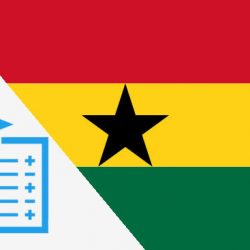

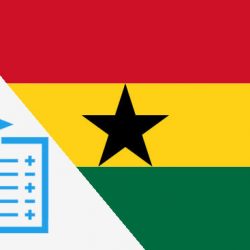
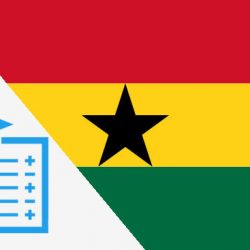
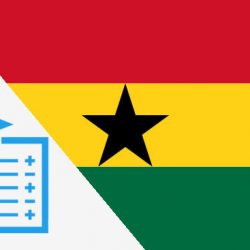
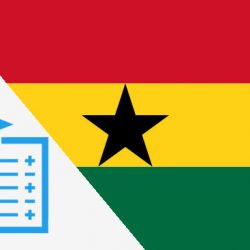
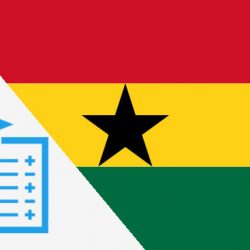
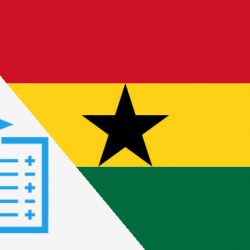
 We will not leak your personal information
We will not leak your personal information